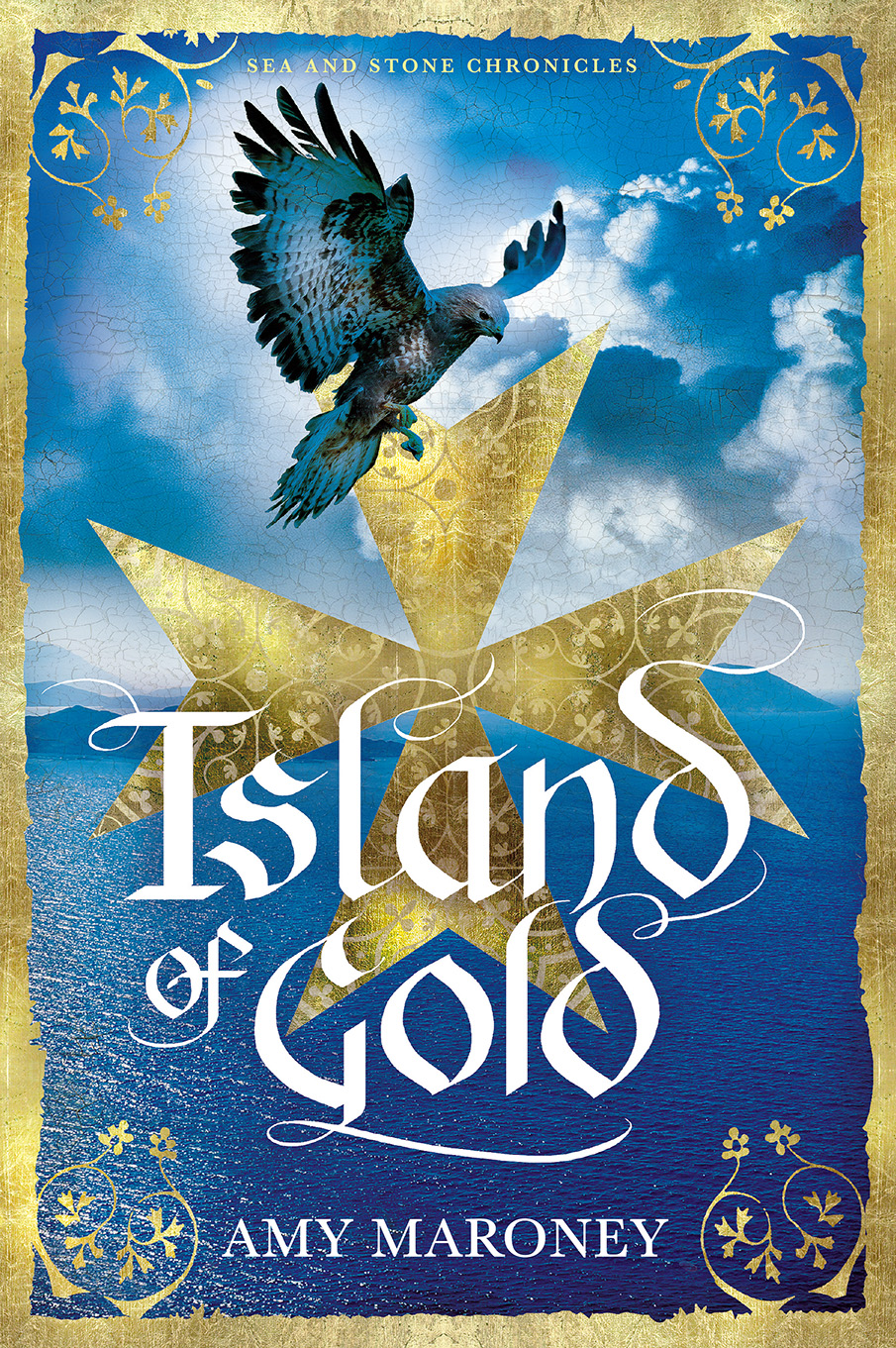
Here’s why you need to read more…
Approximately 2 million books are published (both traditionally and independently) every year across the globe, and about half of those come from the US. The increase in self-published books along with the proliferation of e-book readers and online retailers has made it increasingly easy for readers to find almost any kind of book imaginable, from one niche genre to the next. The rise of social media and online marketing has made it possible for self-published authors to reach a wider audience and promote their work more effectively, matching readers wanting a certain kind of book with the authors who write them. The book market is more diverse and dynamic than ever before.
And yet, the number of people who read them has significantly decreased over the last century. Out of every 100,000 new titles, only 500 books or fewer make it to the New York best-selling list, and more than 950,000 of those sold 100 copies or fewer. Not only does that mean most books published each year have a very small audience, some are mostly never read at all.
I’m not a rocket scientist, a statistician, or a brain surgeon. I didn’t go to MIT, nor do I have a genius level IQ. But I don’t think it takes someone with computer-like brain skills to understand how and why this decrease has occurred: television and social media. It’s easier to consume entertainment passively.

But at what cost?
Whether you read fiction or non-fiction (or both), reading makes you a smarter person. It expands your vocabulary and knowledge by exposing you to new words, phrases, and concepts that you may not have been exposed to before—which increases your overall knowledge. Reading also improves cognitive abilities such as concentration, focus, and memory, which can help you to process and retain new information more effectively.
Reading also helps to improve critical thinking and analytical skills. As you read, you engage in a process of interpretation, which requires you to analyze the text and make inferences. This process helps to sharpen your ability to evaluate information and make logical conclusions. Additionally, reading helps to develop the ability to make connections between different pieces of information, which is an essential skill for problem solving and decision making.
Reading makes us better people by expanding our knowledge and understanding of the world. It exposes us to different perspectives and cultures, helping to build empathy and tolerance. It can also help us navigate the complexities of the world. Additionally, reading can also provide an emotional outlet and a way to process our own thoughts and feelings. Furthermore, reading for pleasure has been linked to overall well-being, and studies have shown that it can reduce stress and improve mental health.

Reading fiction can strengthen empathy by exposing us to different perspectives and experiences. When we read about characters and their lives, we are able to understand and relate to their emotions, even if they are vastly different from our own. This helps to build a sense of understanding and compassion for others, which can be transferred to our interactions in the real world. Additionally, reading about diverse characters and cultures can help to break down stereotypes and prejudices by giving us a more accurate and complete understanding of different communities. Additionally, reading fiction specifically has been found to activate the brain regions associated with social cognition, which are responsible for understanding the thoughts, intentions, and emotions of others—a crucial aspect of intelligence and emotional intelligence.
Reading requires more active engagement and focus than watching television. When you read a book, you have to actively process the information and create mental images, which can help to improve cognitive abilities such as concentration, focus, and memory.
Reading allows for deeper engagement with the material. Books typically offer more detailed and nuanced storylines, characters, and themes than television shows, which allows readers to gain a more complete understanding and appreciation of the material. Additionally, reading allows one to escape into an immersive world, where the reader can be fully engrossed and experience different emotions and perspectives.
 So watch your favorite shows, scroll your favorite apps, but pick up a book too. Moderation in everything. Actually I’m not sure you can overdo reading though. And if you need a recommendation, I might have a few suggestions.
So watch your favorite shows, scroll your favorite apps, but pick up a book too. Moderation in everything. Actually I’m not sure you can overdo reading though. And if you need a recommendation, I might have a few suggestions.
I might know a few authors.
I might have read a few books.
Whatever you do, just go out and read!




